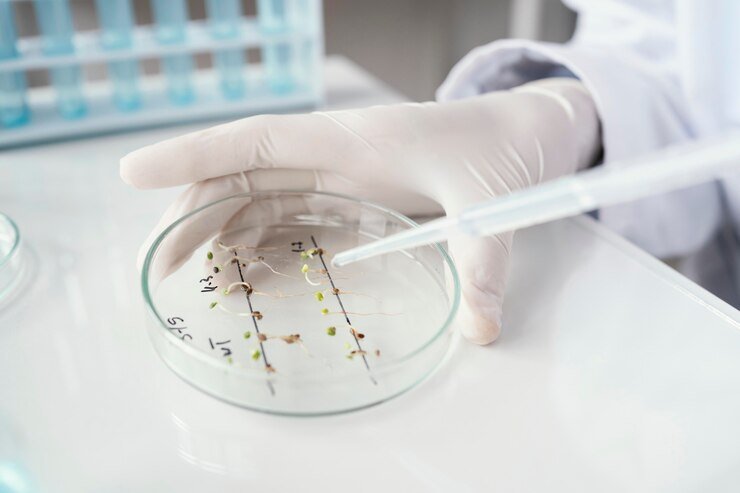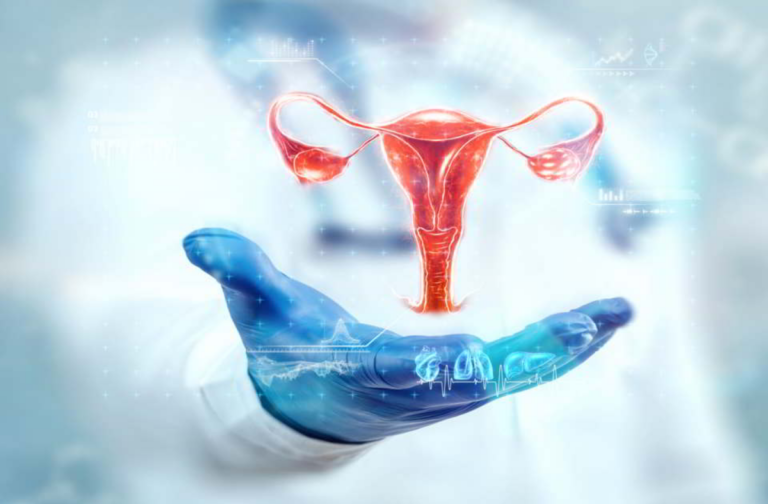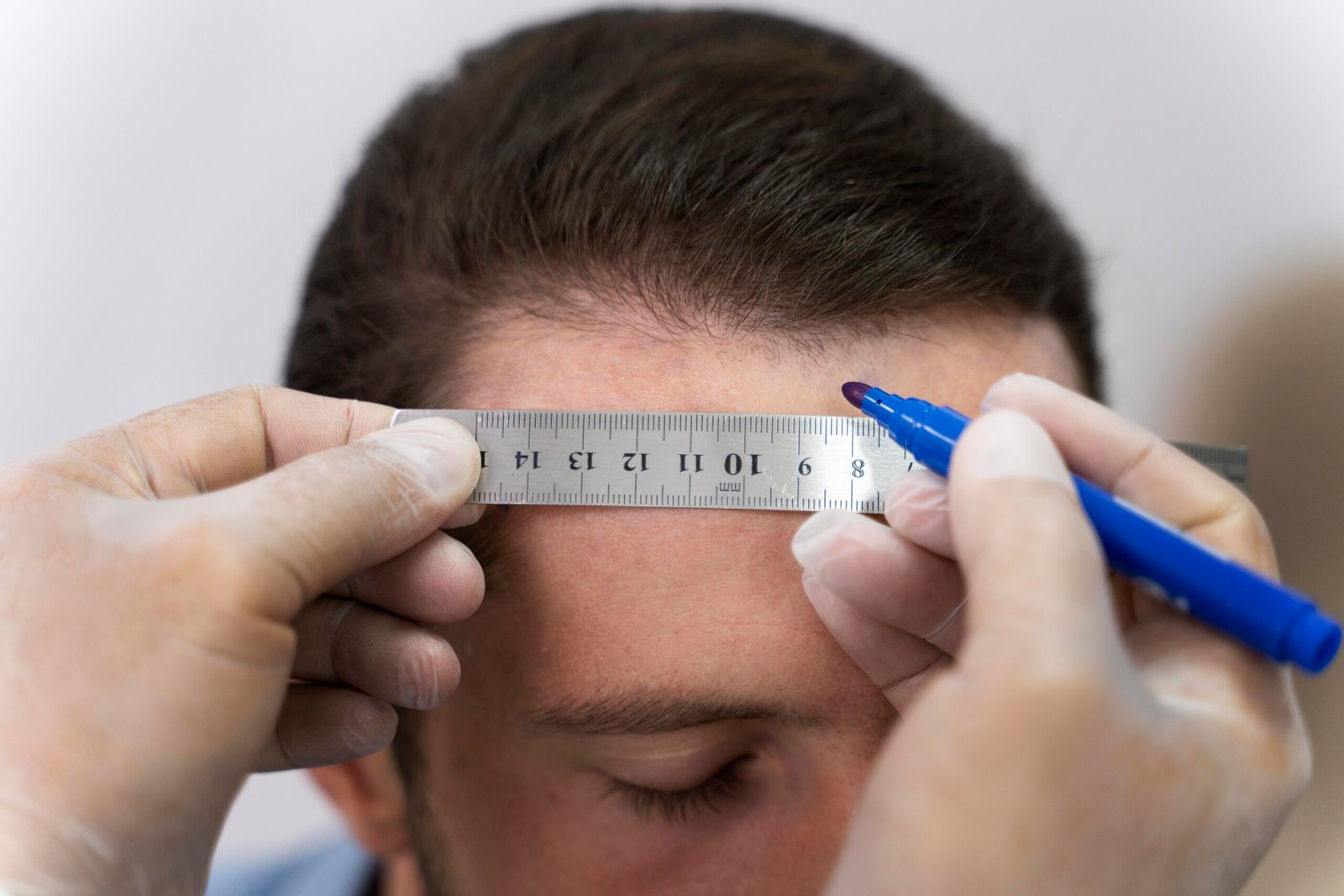IVF, or in vitro fertilization, is an assisted reproductive technology (ART) that involves fertilizing eggs with sperm in a laboratory setting. This technique bypasses natural conception challenges and helps couples achieve parenthood.
IVF Process:
- Ovarian stimulation: The woman takes medication to stimulate the production of multiple follicles.
- Egg retrieval: Mature follicles are retrieved under ultrasound guidance.
- Sperm preparation: Sperm are selected and prepared for fertilization.
- Fertilization: Eggs and sperm are placed together in a laboratory dish to allow fertilization to occur.
- Embryo culture: Fertilized embryos are then cultured in the lab for a few days.
- Embryo transfer: One or two embryos are selected and transferred into the woman’s uterus.
Several IVF techniques exist:
- Conventional IVF: Sperm fertilize eggs by penetrating them in vitro.
- ICSI (intracytoplasmic sperm injection): A single sperm is injected directly into the cytoplasm of the egg.
- Monitoring and Results: A pregnancy test is performed about two weeks after the embryo transfer. The success rate of IVF depends on various factors, such as the woman’s age, the quality of the eggs and sperm, and the technique used.

IVF offers many advantages:
- Bypasses various fertility issues
- Increases the chances of getting pregnant
- Provides the opportunity for preimplantation genetic diagnosis (PGD)
IVF is a medical procedure regulated by healthcare professionals. It is crucial to gather thorough information and choose a licensed and reputable IVF center known for its expertise and experience.




















































